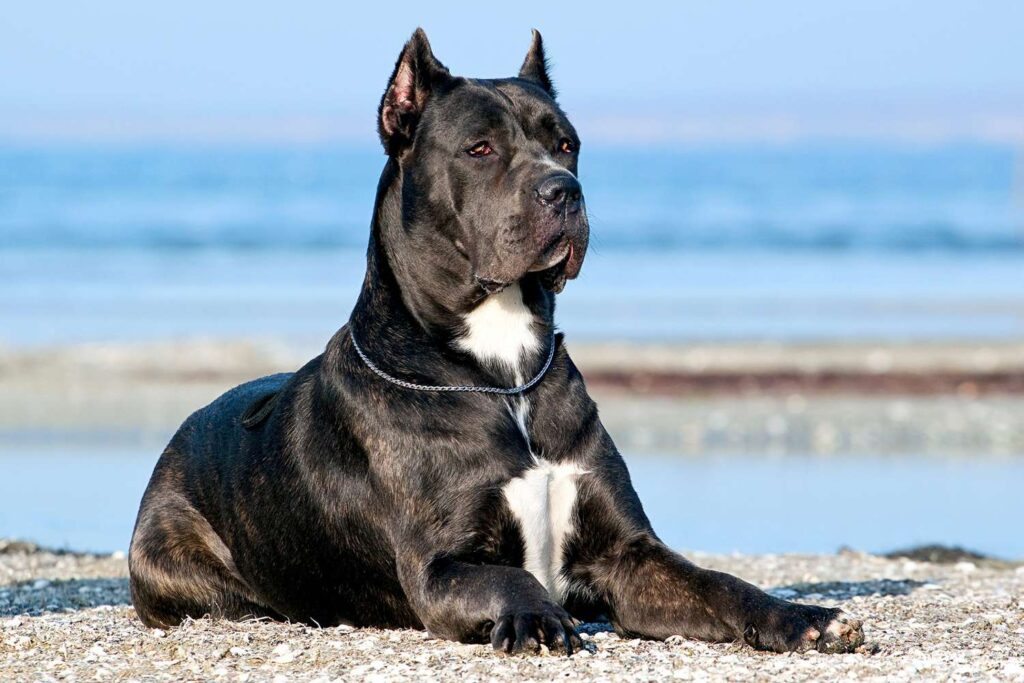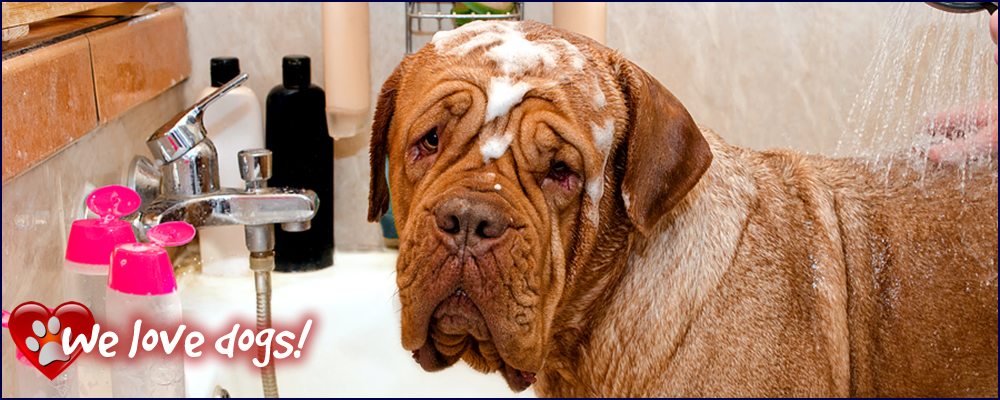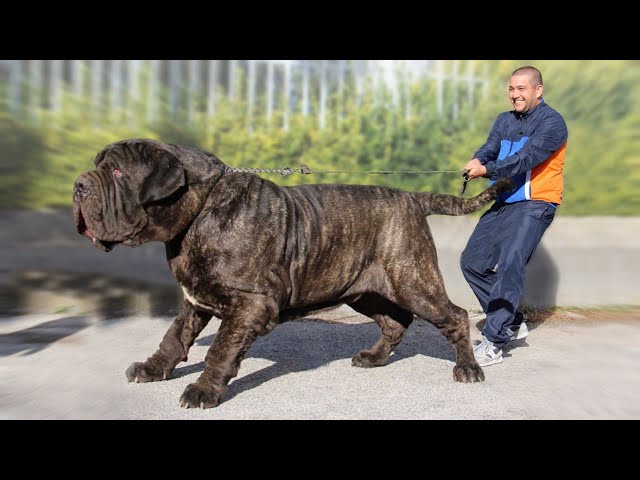“A dog is the only thing on earth that loves you more than he loves himself.” – Josh Billings
Caring for a Mastiff, one of the most majestic and gentle giants of the canine world, requires dedication and informed knowledge. In the US and UK, Mastiff ownership has soared, with many drawn to their loyal and protective nature. However, owning a Mastiff is not without its challenges. From health concerns to dietary needs, understanding how to properly care for these magnificent creatures is crucial.
Understanding the Mastiff Breed
Mastiffs are known for their imposing size and gentle temperament. These dogs can weigh between 120-230 pounds and require ample space to move around. Their affectionate nature makes them wonderful family pets, but their size and specific needs can pose unique challenges.
Health Concerns
Mastiffs are prone to several health issues due to their size and genetics. Common problems include hip dysplasia, heart disease, and gastric torsion. Regular veterinary check-ups are essential to monitor their health. According to the American Kennel Club, about 20% of Mastiffs are affected by hip dysplasia, a condition that can cause pain and mobility issues.

Preventive Measures:
- Regular Exercise: Ensure they get moderate exercise to maintain a healthy weight.
- Balanced Diet: Feed them a diet rich in nutrients but low in calories to prevent obesity.
- Vet Visits: Schedule routine check-ups and vaccinations.
Dietary Needs
A balanced diet is critical for a Mastiff’s health. They require high-quality dog food that caters to large breeds. Avoid overfeeding as it can lead to obesity, exacerbating joint problems and other health issues.
Feeding Guidelines:
- Puppies: Feed them three to four small meals a day.
- Adults: Two large meals per day are sufficient.
- Food Quality: Choose foods with high protein content and low fillers.
Grooming and Hygiene
Despite their short coat, Mastiffs shed a fair amount. Regular grooming can help manage shedding and keep their coat healthy.

Grooming Tips:
- Brushing: Brush their coat weekly to remove loose hair and dirt.
- Bathing: Bathe them every few months or as needed.
- Dental Care: Brush their teeth regularly to prevent dental disease.
Training and Socialization
Training a Mastiff requires patience and consistency. Due to their size, it’s important to start training early to ensure they are well-behaved.

Training Tips:
- Socialization: Expose them to different environments, people, and other dogs from a young age.
- Positive Reinforcement: Use treats and praise to encourage good behavior.
- Obedience Classes: Consider professional training to help with obedience.
Common Challenges for Mastiff Owners
Owning a Mastiff comes with its set of challenges, especially in urban environments where space may be limited.

Space Requirements
Mastiffs need ample space to move around. They are not suited for small apartments unless they have access to a yard.
Cost of Care
The cost of caring for a Mastiff can be high. From veterinary bills to food expenses, it’s important to budget appropriately.
Expense Breakdown:
- Veterinary Care: Regular check-ups, vaccinations, and potential medical treatments.
- Food: High-quality dog food can be expensive, especially given their large size.
- Accessories: Durable toys, large beds, and grooming tools.
Conclusion
Caring for a Mastiff is a rewarding experience that requires commitment and understanding of their unique needs. By providing them with proper health care, a balanced diet, regular grooming, and consistent training, you can ensure your Mastiff leads a happy and healthy life. These gentle giants have a lot of love to give, and with the right care, they can be a cherished part of your family for years to come.





















